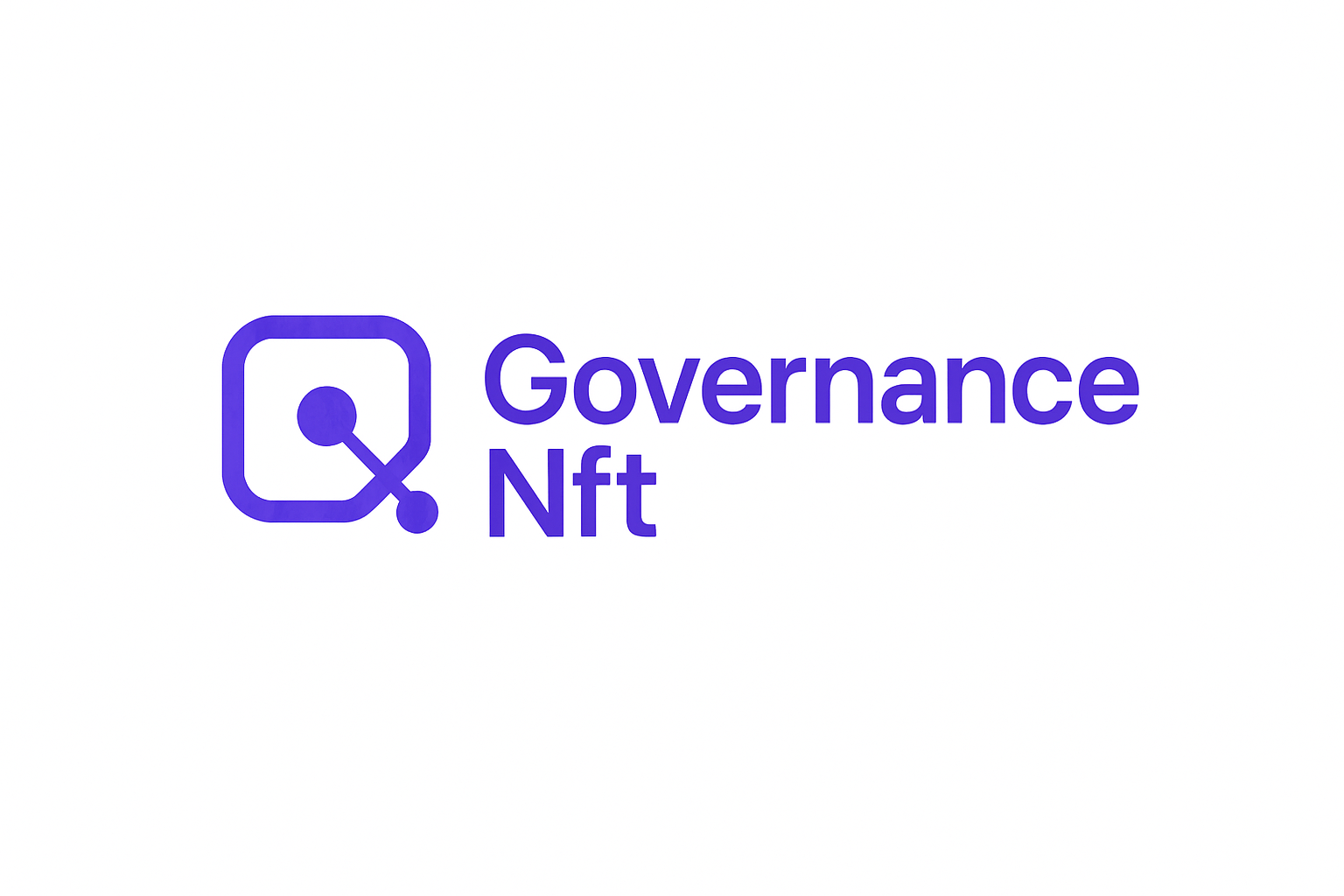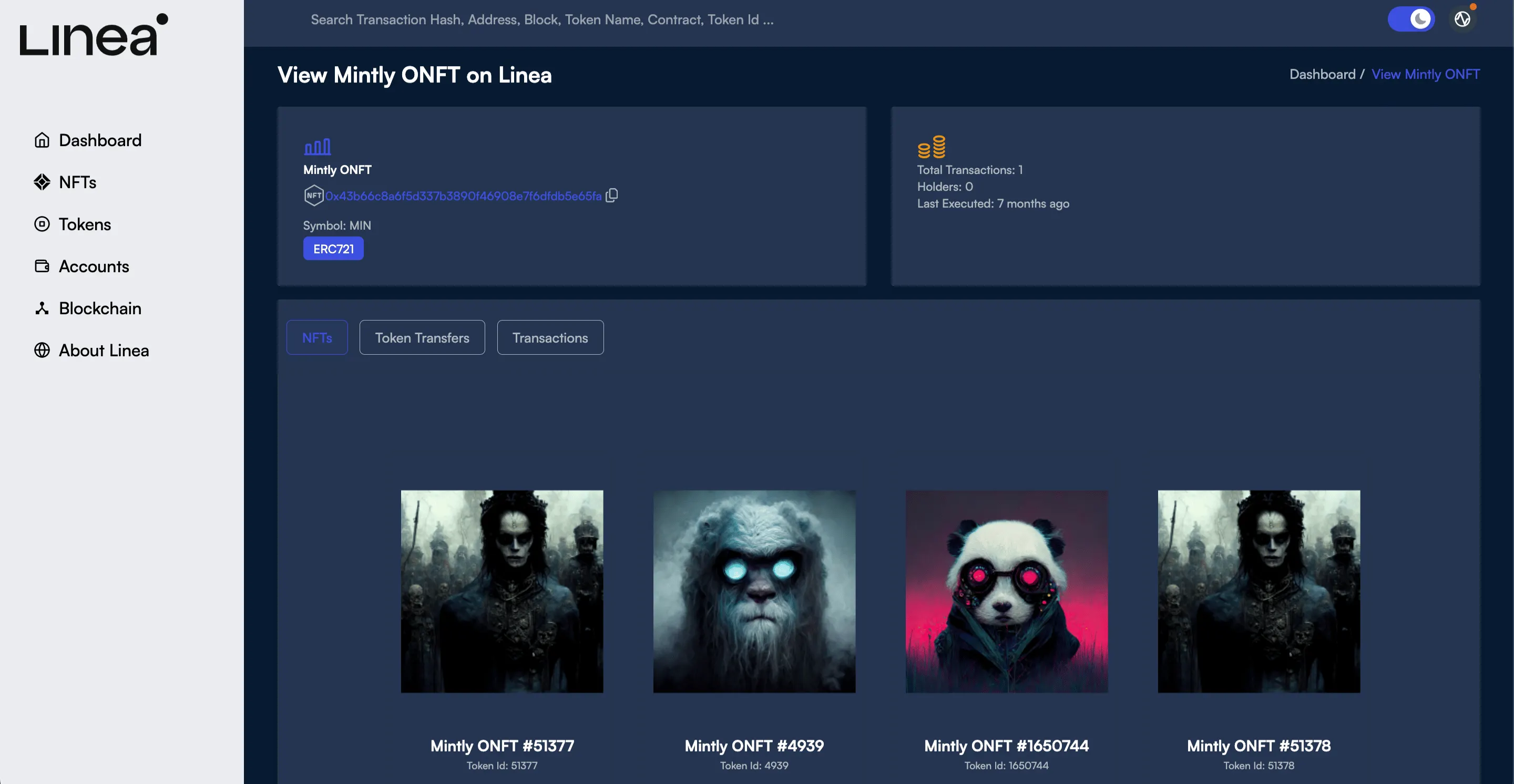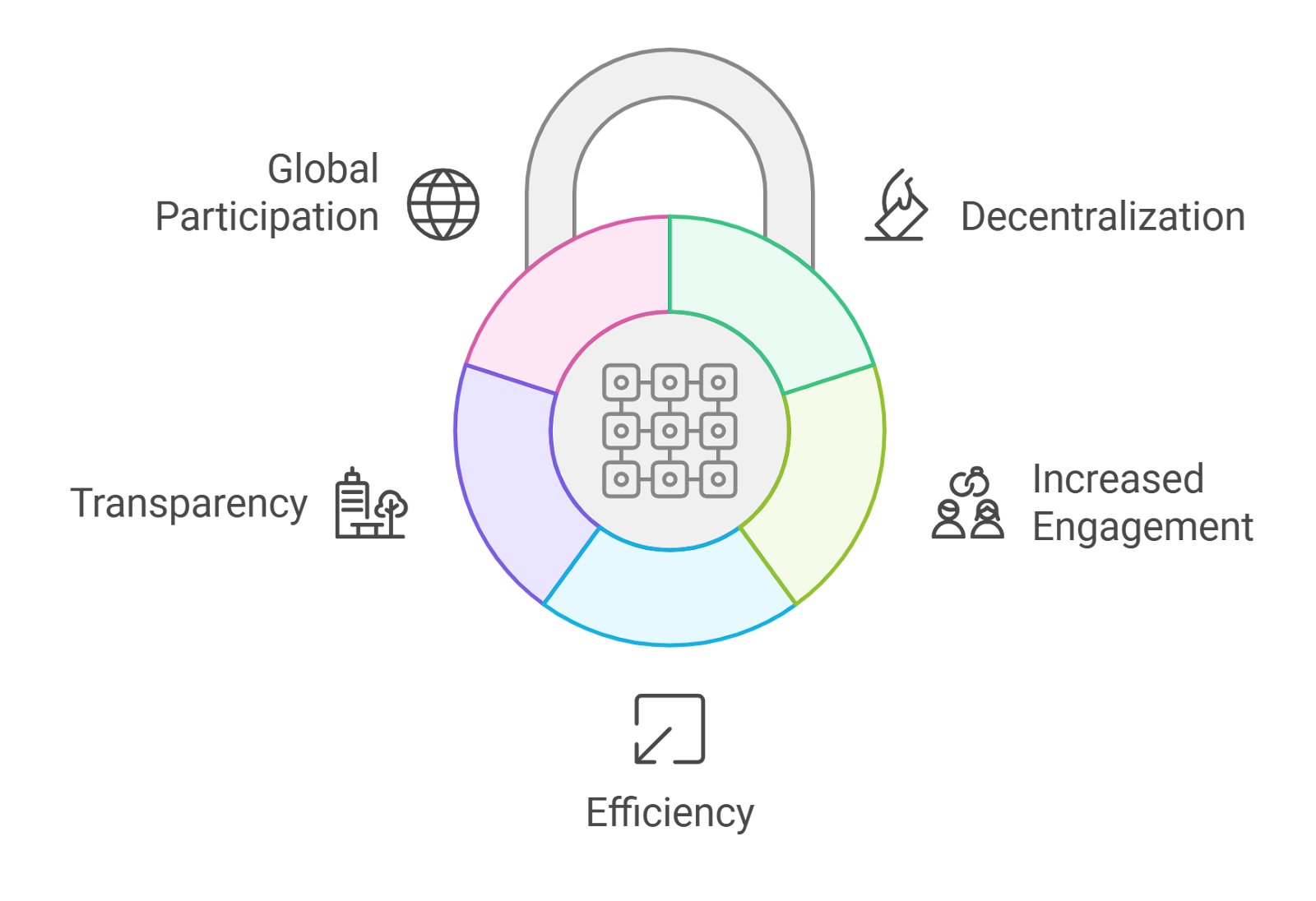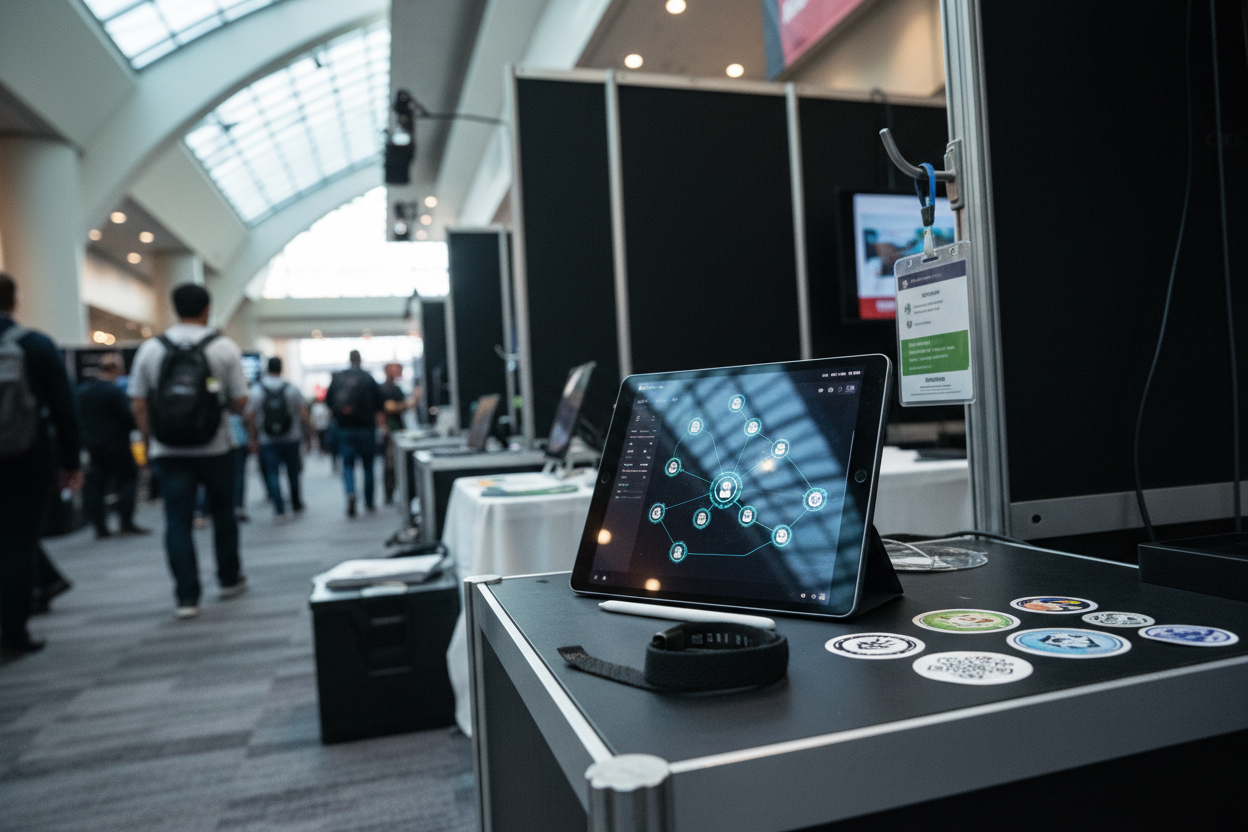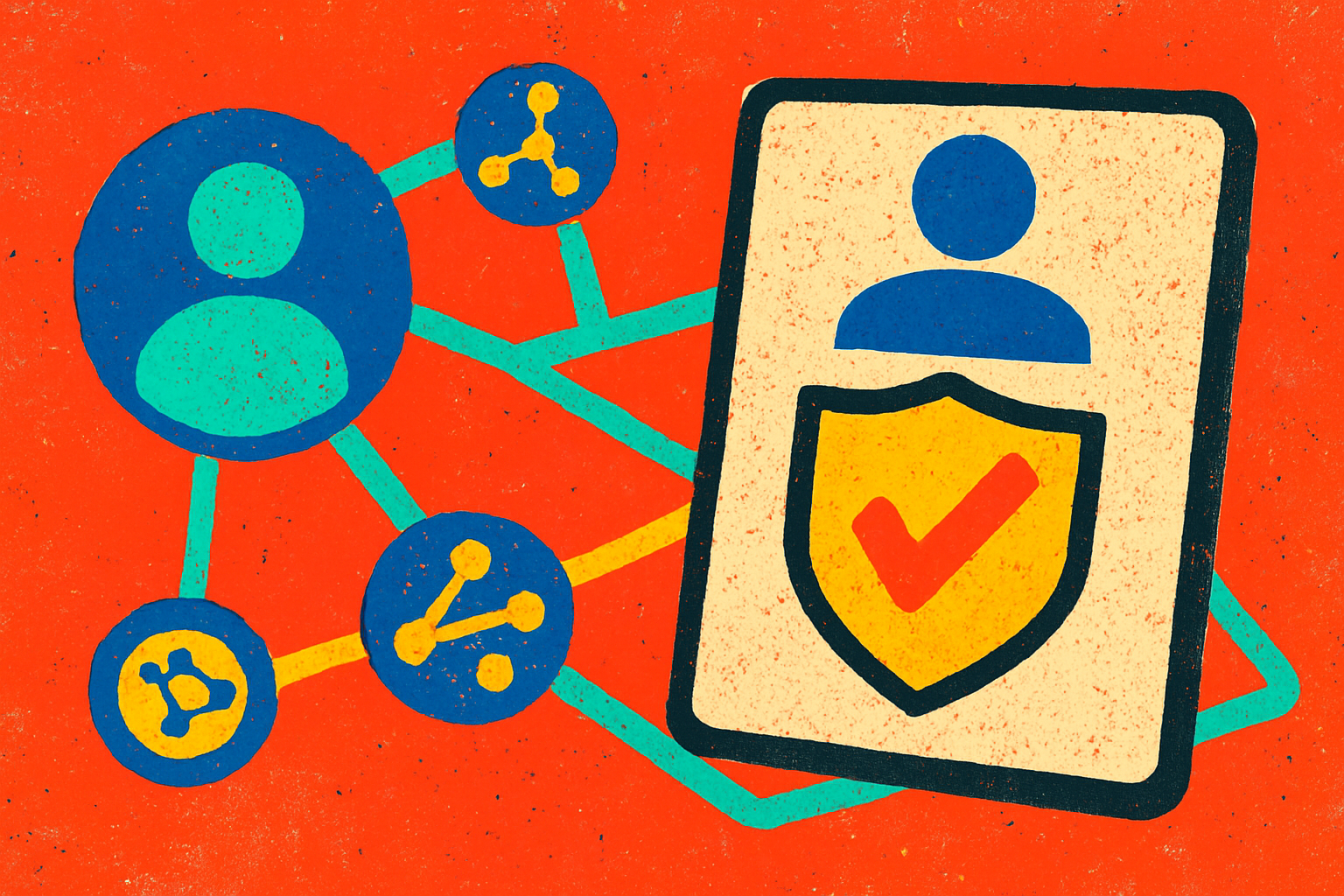
Decentralized Autonomous Organizations (DAOs) are rewriting the rules of collective decision-making. But as these digital communities grow, so does the challenge of ensuring that every vote is legitimate, traceable, and truly representative. Enter NFT governance badges: unique, non-transferable tokens that are transforming how DAOs manage voting rights and enhance transparency.

Why Voting Transparency Matters in DAOs
Traditional organizations often operate behind closed doors, making it difficult for stakeholders to verify who participated in key decisions. DAOs promised a more transparent future, but early models relying solely on fungible governance tokens faced their own issues: token hoarding, sybil attacks, and opaque voting histories. Without clear proof of eligibility or contribution, trust can erode quickly.
This is where NFT badges shine. By issuing verifiable credentials tied to individual members, such as Core Voter Badges or Contributor Badges, DAOs can create an open record of who has the right to vote on critical proposals. Each badge is recorded on-chain, making it easy for anyone to audit participation and outcomes.
NFT Governance Badges: How They Work
An NFT governance badge is more than just a digital trophy. It’s a cryptographically secure credential that represents a member’s role or achievements within the DAO. Unlike traditional governance tokens, which can be bought, sold, or transferred, these badges are typically non-transferable (sometimes called “soulbound”), ensuring that voting rights cannot be easily manipulated or traded away.
Here’s how DAOs are leveraging NFT badges today:
- Eligibility Verification: Only members with specific badges can participate in certain votes or discussions.
- Merit-Based Participation: Badges are awarded based on meaningful contributions (e. g. , development work, community leadership), not just token holdings.
- Tamper-Proof Records: Every badge issuance and vote is logged immutably on the blockchain for anyone to verify.
The Integration with Decentralized Voting Platforms
The real magic happens when NFT badges are integrated with decentralized voting platforms like Snapshot. Instead of treating governance as a black box process, DAOs can now make every step visible and auditable by the entire community. For example, only those holding Core Voter Badges might be able to cast votes on high-impact proposals, ensuring that outcomes reflect genuine engagement rather than passive speculation.
This approach dramatically reduces opportunities for manipulation while empowering active contributors. It also helps new members understand exactly how decisions are made and who is shaping the organization’s future, a vital aspect for any decentralized community looking to build lasting trust.
If you’re interested in learning more about how NFT badges are redefining transparency in DAO voting processes, check out our detailed guide: How Governance NFT Badges Enhance Transparency in DAO Voting Processes.
Beyond the immediate benefits of eligibility checks and auditable records, NFT governance badges are also tackling some of the most persistent challenges in decentralized governance. For instance, by tying voting rights to non-transferable badges earned through verified contributions, DAOs can effectively deter sybil attacks, where a single entity creates multiple identities to influence outcomes. This merit-based approach ensures that voting power is distributed according to real engagement, not just wallet size or opportunistic behavior.
Another key advantage is community recognition. Badges serve as public proof of participation and achievement, motivating members to contribute meaningfully. When community members see their peers recognized for valuable input, be it through development, moderation, or thought leadership, it fosters a culture of healthy competition and collaboration. Over time, this leads to stronger communities and more resilient governance structures.
Best Practices: Implementing NFT Badges for DAO Voting
If your DAO is considering adopting NFT governance badges, here are some best practices to maximize transparency and impact:
Best Practices for Issuing NFT Governance Badges in DAOs
-
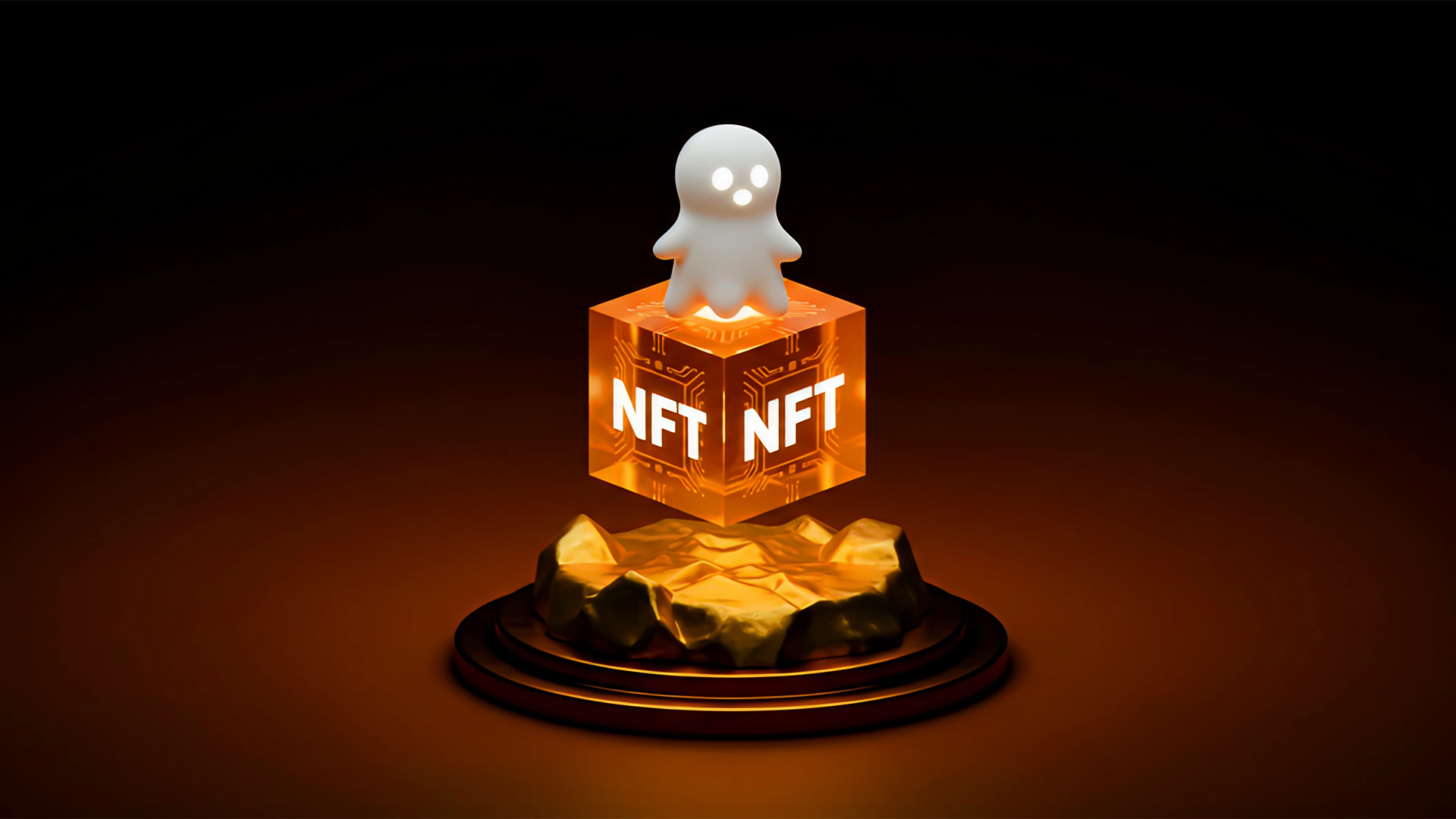
Issue Non-Transferable (Soulbound) NFT Badges: Use ERC-721 or ERC-5192 Soulbound standards to ensure badges are tied to individual members and cannot be sold or transferred, preserving voting integrity.
-
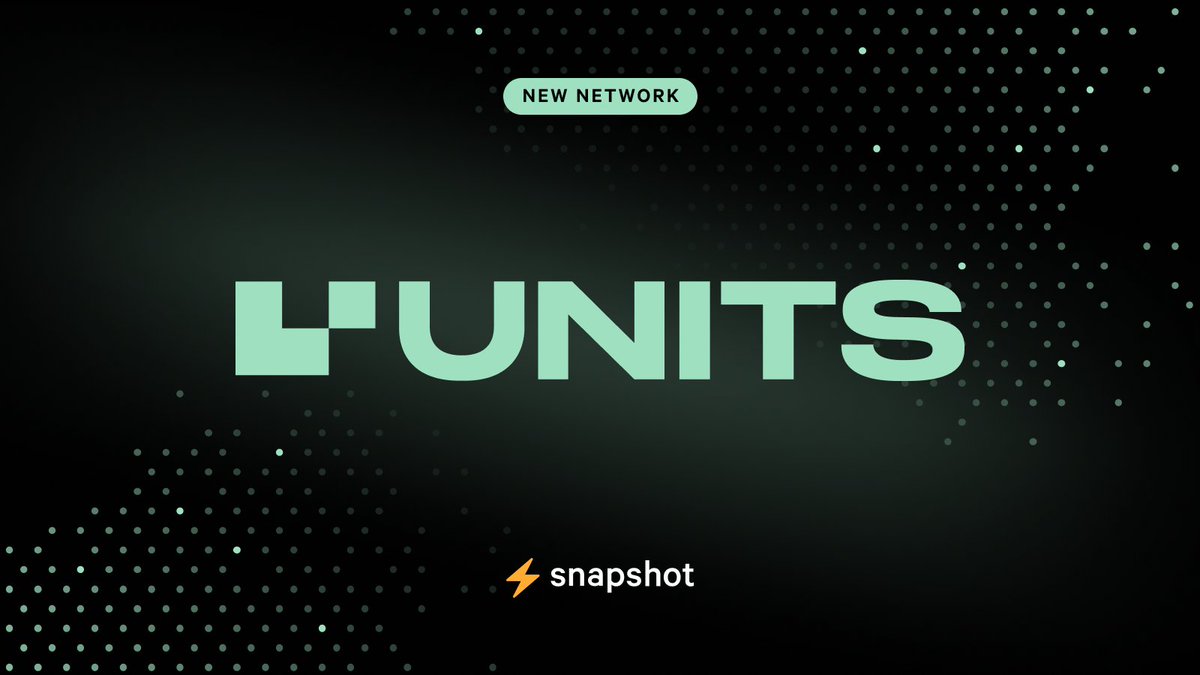
Integrate with Decentralized Voting Platforms like Snapshot: Link NFT badges to voting rights on platforms such as Snapshot to enable transparent, on-chain governance and verifiable voting records.
-
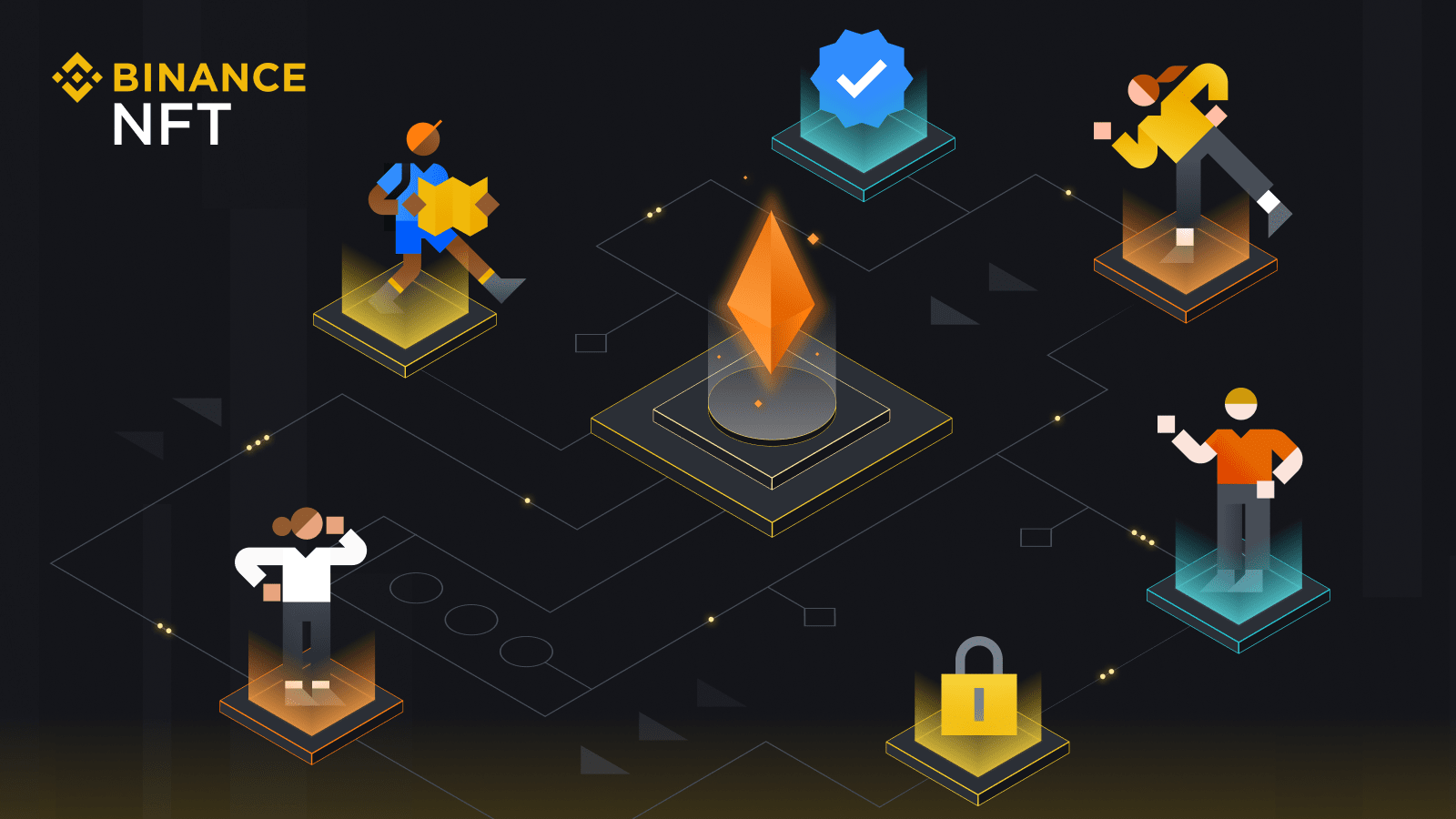
Base Badge Issuance on Verifiable Contributions: Award governance badges for meaningful actions—such as code commits, proposal submissions, or community moderation—using tools like SourceCred or Discourse integration for transparent recognition.
-
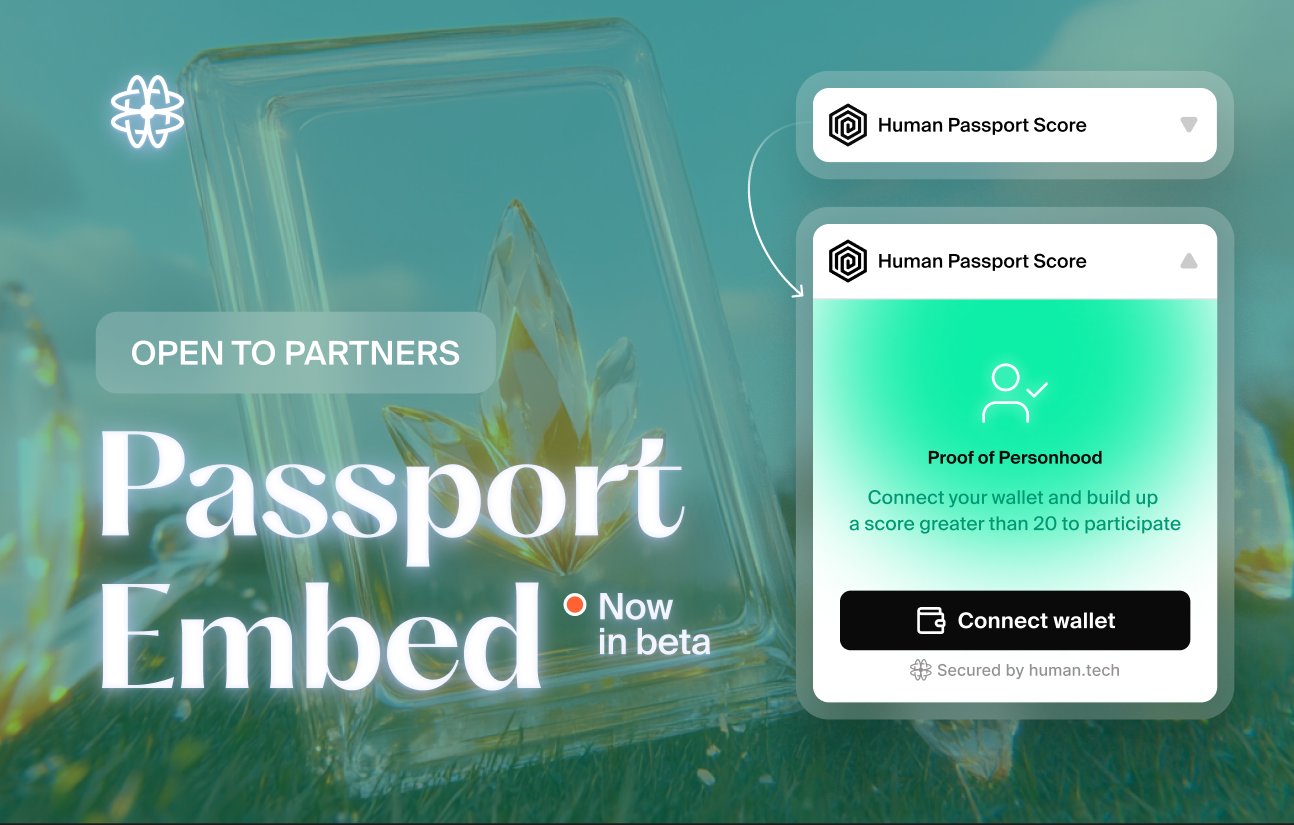
Implement Anti-Sybil Mechanisms: Use decentralized identity solutions such as Proof of Humanity or Gitcoin Passport to verify unique members before issuing governance badges, preventing duplicate or fake accounts.
-
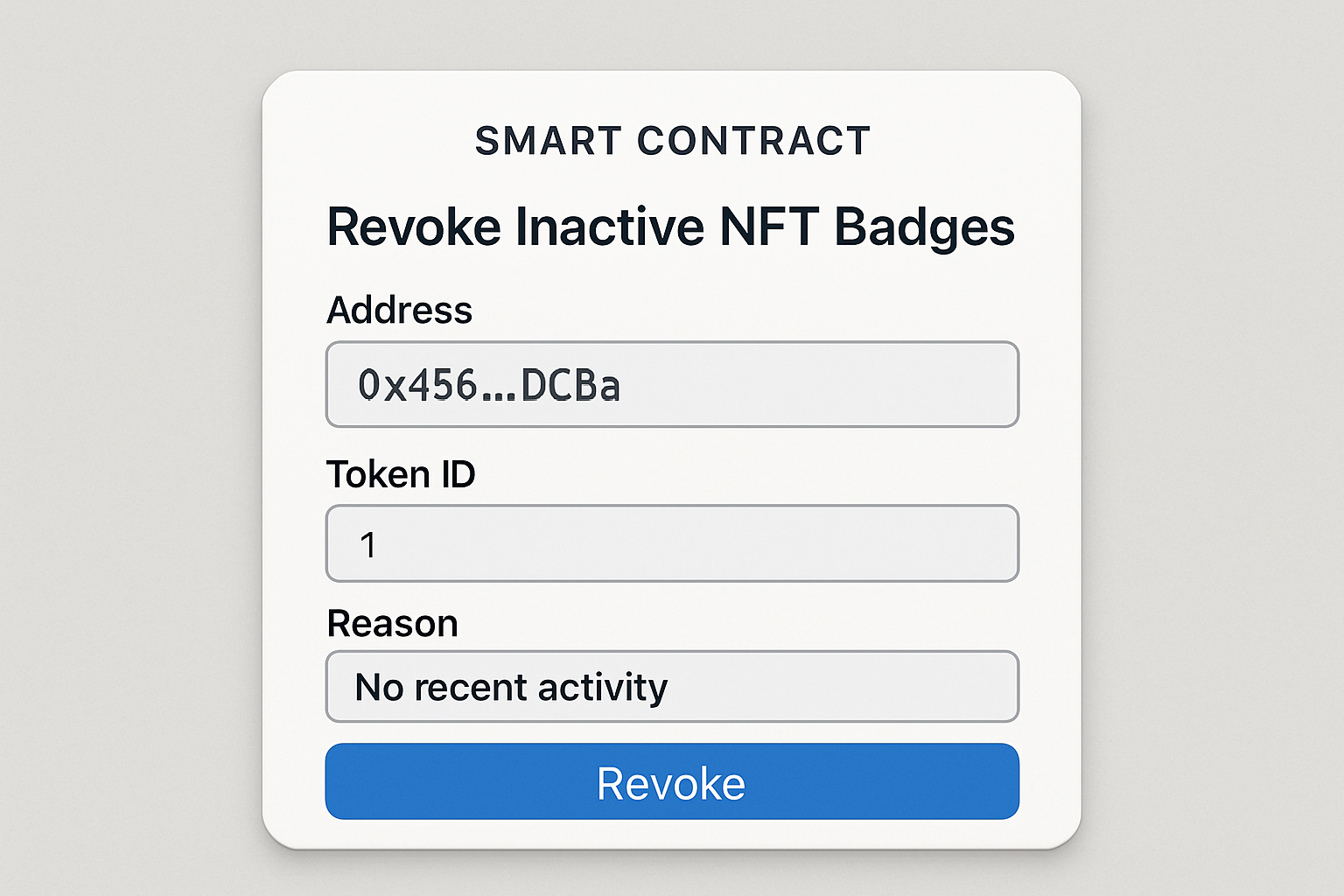
Regularly Review and Revoke Inactive Badges: Establish policies and use smart contracts to automatically revoke or update badges for inactive members, ensuring that only active contributors retain governance rights.
- Define Clear Criteria: Establish transparent guidelines for earning each badge, whether it’s based on code contributions, community engagement, or proposal authorship.
- Integrate with Voting Platforms: Connect badge issuance directly with platforms like Snapshot so only eligible badge holders can vote on specific proposals.
- Regularly Audit Badge Distribution: Use on-chain analytics tools to review who holds which badges and ensure there are no discrepancies or exploits.
This structured approach not only enhances trust but also makes it easier for new members to understand how they can earn influence within the organization. For a deeper dive into practical implementation steps, see our guide on how to issue and manage governance NFT badges for DAO voting rights.
Real-World Examples: DAOs Leading the Way
Pioneering DAOs across DeFi, gaming, and social impact sectors are already showcasing the power of NFT governance badges. By integrating these credentials into their workflows, they’re creating transparent voting systems where every decision is verifiable, and every contributor’s impact is visible. For example, some DAOs issue tiered badges (like Contributor, Core Voter, or Council Member) that unlock different levels of participation based on ongoing involvement. This layered approach allows organizations to scale while maintaining accountability at every level.
The result? More transparent elections, fewer disputes over eligibility or vote counts, and a community that genuinely believes in the process. As blockchain technology matures and more user-friendly tools emerge (like those offered by Governance NFT Badges), expect even wider adoption across web3 projects seeking legitimacy and inclusivity in their decision-making.
The Future of Decentralized Governance
NFT governance badges aren’t just a passing trend, they’re quickly becoming foundational infrastructure for web3 communities committed to openness and meritocracy. By making voting rights visible and verifiable on-chain, DAOs can confidently scale their operations without sacrificing trust or transparency.
If you’re looking to empower your DAO with robust transparency mechanisms, or simply want to display your own role in decentralized decision-making, explore more about how DAOs use NFT badges to enhance member voting and transparency at our resource hub: How DAOs Use NFT Badges to Enhance Member Voting and Transparency.
The journey toward fully open governance is well underway, and with innovative tools like NFT governance badges at the forefront, every community member has a clear path toward meaningful participation.
